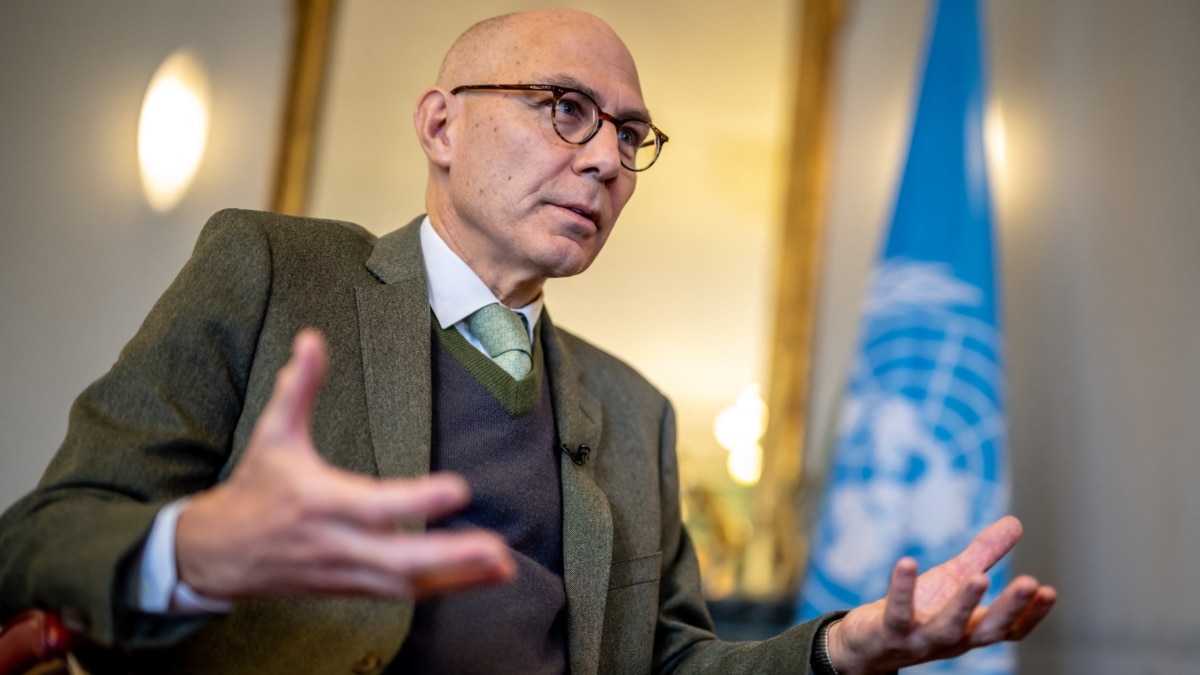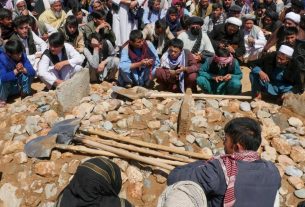United Nations High Commissioner for Human Rights Volker Tuerk has warned about what he sees as the “systematic countering of women’s rights and gender equality” around the world.
In an exclusive interview Wednesday with Agence France-Presse, the French news agency, Tuerk said he was very concerned about the “backsliding and the pushbacks” he has seen against women recently, particularly on social media.
“We see it in social media, for example, where misogynistic, sexist comments seem to be allowed in a way, and thriving, which is very concerning,” he said.
Tuerk cited Afghanistan and the ruling Taliban as the “worst of the worst,” and called their repression of women “unparalleled.” Last month, the Taliban banned women from working in nongovernmental organizations and had previously reneged on promises to allow women and girls to receive university and secondary education.
The human rights chief called on the international community to “act in utmost solidarity with the women and the girls of Afghanistan, and we need to make sure that this cannot be the norm in the future.”
Tuerk has also sought to visit Iran, where protests have rocked the country since September, when 22-year-old Mahsa Amini died in police custody after she allegedly violated the country’s strict dress code for women. He said the Iranian authorities had yet to respond to his request.
Tuerk said if he is allowed to go, he would again call for a repeal of “discriminatory practices against women and girls” and raise the subject of the authorities’ brutal crackdown on the protests. He expressed particular alarm at the use of the death penalty in connection with the protests.
He said, the death penalty “must absolutely not be used in this type of context under any circumstances.”
Oslo-based monitor Iran Human Rights says nearly 500 people have been killed in the crackdown, while thousands have been arrested.
Beyond the systematic actions taken by states, Tuerk called for a “global consensus” on how to address misinformation and hate speech, how to counter it on social platforms, how to make sure they act responsibly and “don’t add fuel to the fire, to conflict situations … or the backlash that we saw on gender issues.”
Overall, the U.N. human rights chief interpreted these acts of misogyny as “a last attempt by patriarchy to show its force,” against a worldwide movement toward the empowerment of women and gender equity.
He said, “They cannot prevent the new world from giving birth, and I’m very, very confident that this will be a thing of the past because patriarchy is not for the future. It’s something that has to be put into the history books.”
Information for this report came from Agence France-Presse.



